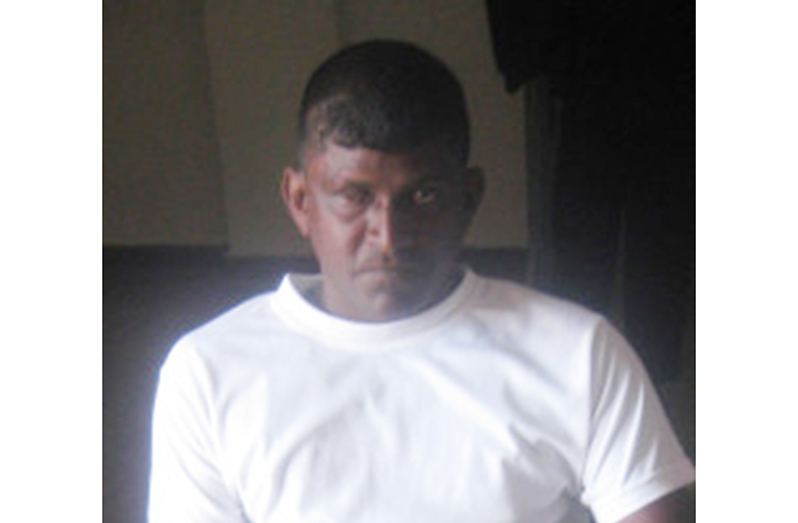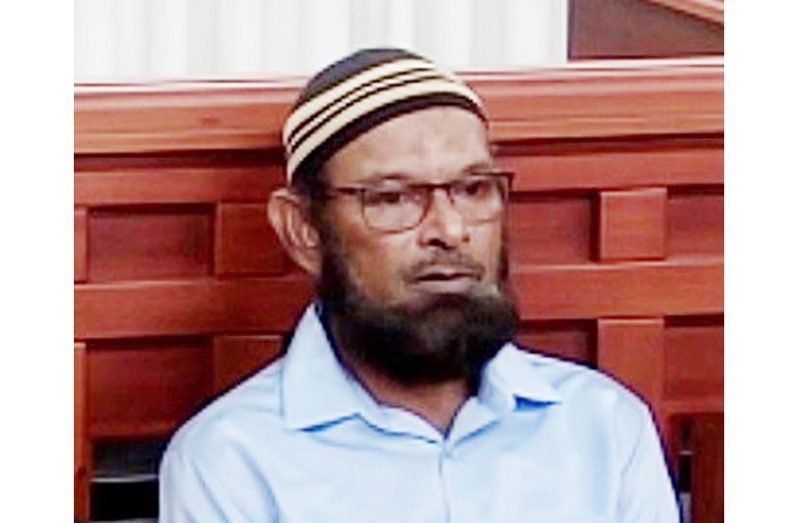THE Court of Appeal of Guyana has re-sentenced Samuill Intiaz Shaw, known by the aliases “Taliban” and “Arno,” to time served, bringing an end to a protracted legal battle surrounding his 2016 conviction for the attempted murder of Bajai Ramdass, also called “Bruck Back.”
Shaw was convicted alongside Ramsammy Angeshallam, called “Babs,” for a violent attack on Ramdass that took place on January 16, 2012, in Crabwood Creek.
Shaw had originally received a 17-year sentence, while Angeshallam was sentenced to 12 years by Justice Franklyn Holder during the Berbice Criminal Assizes. Both men denied the charges, arguing that the shooting was committed by Ramdass’ brother, Jagdeo, known as “Spraga.”
Shaw’s legal team, led by attorneys Nigel Hughes and Narissa Leander, challenged the conviction and sentence on several grounds. They argued that procedural errors during the trial compromised its fairness and that Shaw’s primary defence—that he was not the shooter—was not adequately presented to the jury. The attorneys further contended that the trial judge’s summation was biased toward the prosecution and that legal principles regarding omissions, inconsistencies, and contradictions were misapplied. Moreover, the lawyers contended that the sentence was excessive and not in keeping with modern sentencing guidelines.

COURT OF APPEAL RULING
The appellate panel, comprising Chancellor of the Judiciary (ag) Justice Yonette Cummings-Edwards and Justices of Appeal Dawn Gregory-Barnes and Rishi Persaud, unanimously dismissed Shaw’s appeal against his conviction. In delivering the court’s ruling on Wednesday last, Justice Cummings-Edwards stated that Shaw’s defence had been sufficiently presented to the jury, and there was no merit to claims of bias in the summation.
“Looking at the total directions of the trial judge and the evidence that was before the court, it is our [the court’s] view that the trial judge did adequately deal with the issue of the defence and the fact that the appellant himself categorically said that it was someone else who might have done the shooting, and that at no time did he own a gun…. The jury, in that regard, was not misled on the defence that was put forward,” she stated. The Chancellor also addressed the defence’s argument that there was evidence of animosity between Shaw and Ramdass, which should have been addressed by the trial judge. She explained that Shaw’s lawyers argued this animosity gave Ramdass and his brother a motive to be untruthful in their testimony. While the trial judge did not specifically highlight the issue of animosity, she noted that evidence regarding it was presented. “And while it might go to a question of motive, the prosecution is not required to prove motive. Rather, they are required to prove the fact of the offence and the resulting consequence or injury,” the judge reasoned.
However, the Court of Appeal agreed that the original 17-year sentence was excessively harsh, rejecting the prosecution’s arguments that the imposed sentence was overly lenient compared to the statutory maximum, which provides for life imprisonment.
Justice Cummings-Edwards noted that the trial judge had started with a 22-year baseline sentence before reducing it to 17 years based on a favourable probation report.
She continued: “We [the court] believe, that a starting point that was less than 22 years, would have been appropriate or should have been preferred in the circumstances of this case. The trial judge did give a deduction for favourable probation report. But the trial judge did not consider any upward or downward adjustment in relation to the offence as well as the offender in the circumstances, any aggravating or mitigating factors in the circumstances of this case.”
Applying regional sentencing guidelines and precedents set by the Caribbean Court of Justice (CCJ), the appellate court revised the sentence to a starting point of 12 years. A six-year deduction for Shaw’s favourable probation report brought the sentence to six years. Considering the time Shaw had already served on remand and in custody since his 2016 conviction, the court resentenced him to time served, effectively granting his immediate release.
“In the circumstances, we allow the appeal against the sentence. The conviction of the appellant stands, but the appeal against sentence is allowed, and the sentence of the appellant is reduced to time served,” Justice Cummings-Edwards said. Assistant Director of Public Prosecutions, attorney Natasha Backer represented the state during the appeal.

BACKGROUND
The convictions followed a trial presided over by Justice Franklyn Holder, who heard evidence of a January 16, 2012 altercation at Crabwood Creek that left Ramdass paralysed from the waist down and blind in one eye. According to court records, Ramdass had gone to a disputed plantain farm at Crabwood Creek, when he was ambushed by Shaw and Angeshallam.
Witness testimony revealed that Shaw fired a gun at Ramdass, causing severe injuries. Angeshallam, armed with a bicycle tube, attempted to drag Ramdass’s boat toward Shaw, who allegedly threatened to mutilate the victim.
Despite his injuries, Ramdass defended himself with a cutlass, wounding Angeshallam before pretending to be dead to escape further harm. Shaw then fired another shot at Ramdass’s face. Both Shaw and Angeshallam denied the charges, claiming in unsworn statements that the victim’s brother, Jagdeo, known as ‘Spraga,’ was responsible for the shooting.
Witnesses corroborated these events, and the jury rejected the defendants’ claims that the victim’s brother, Jagdeo, was responsible for the shooting.



.jpg)








